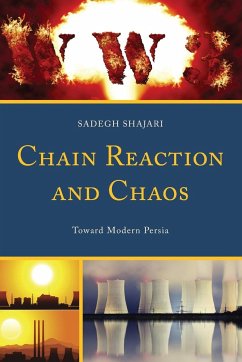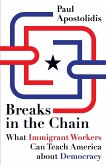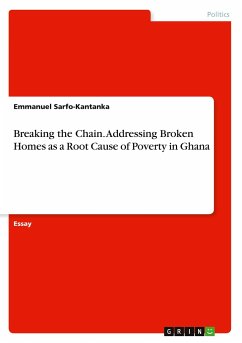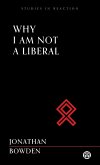In this new perspective, Iran's quest for nuclear power-in the context of the global energy challenge and the Cold War-era nuclear arms race-takes on new dimension. This study goes beyond current affairs and analyzes interactions between the complex evolution of U.S. policy toward Iran and events in modern Iranian history that shape the determinants of Tehran's foreign policy. Today, the shockwaves of the cataclysm that became known as the Islamic Revolution have irrevocably transcended Iran's frontiers. In the aftermath of the revolution, Afghanistan and Iraq were invaded, and the Republicans, who had gained power thanks to the hostage crisis, now had to shy away in light of the Iran-Contra scandal. The revolution was a byproduct of the great powers' array of geostrategic moves following World War II. This book explores the order that underlies Iran's chaotic dynamics that have potential to bring about unintended results. The best example of this is President Carter's human rights policy, which, unexpectedly, via strange attractor dynamics, led to the fall of the Shah that marked the end of the U.S. twin-pillar policy in the Persian Gulf.
Hinweis: Dieser Artikel kann nur an eine deutsche Lieferadresse ausgeliefert werden.
Hinweis: Dieser Artikel kann nur an eine deutsche Lieferadresse ausgeliefert werden.









